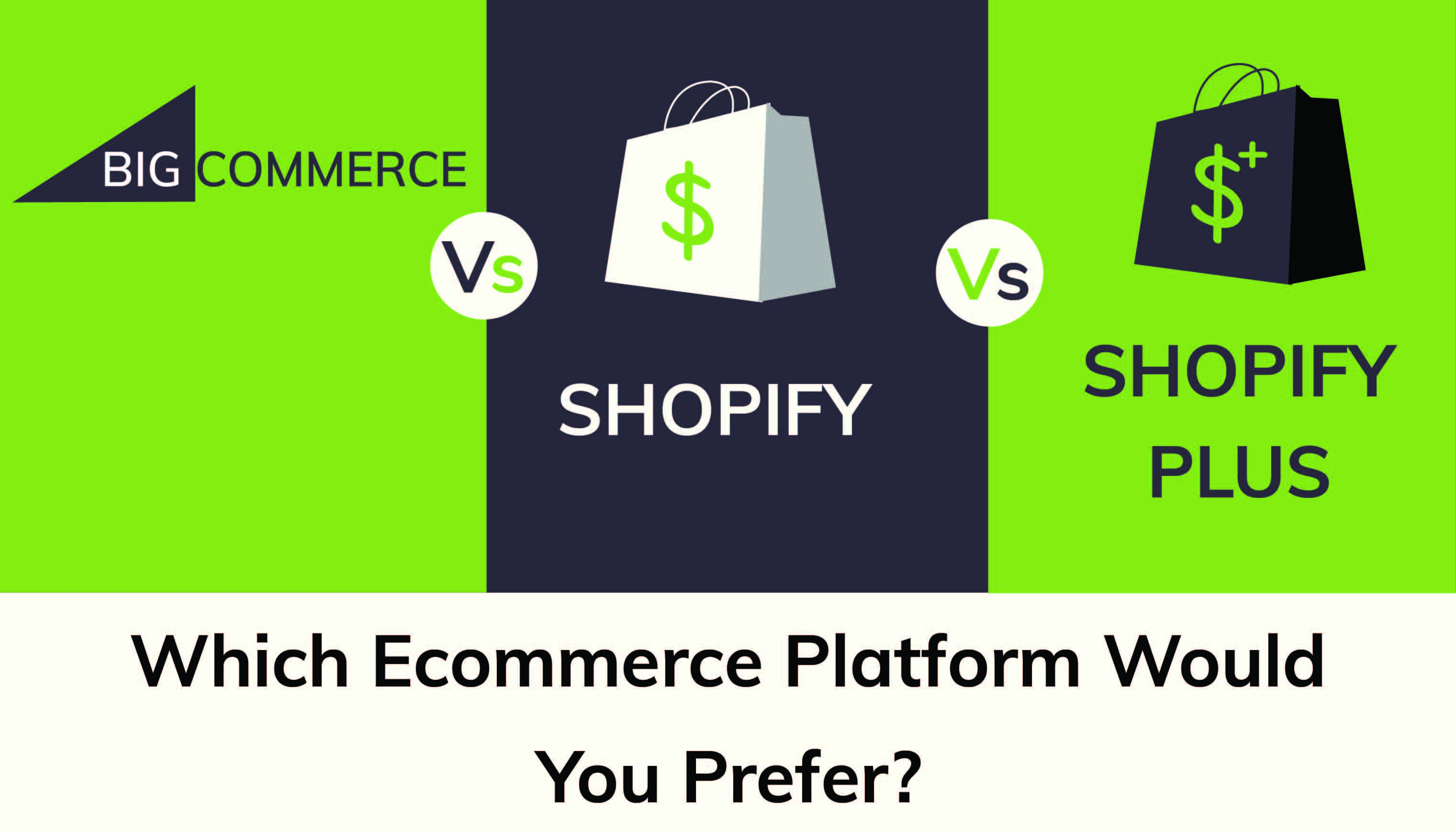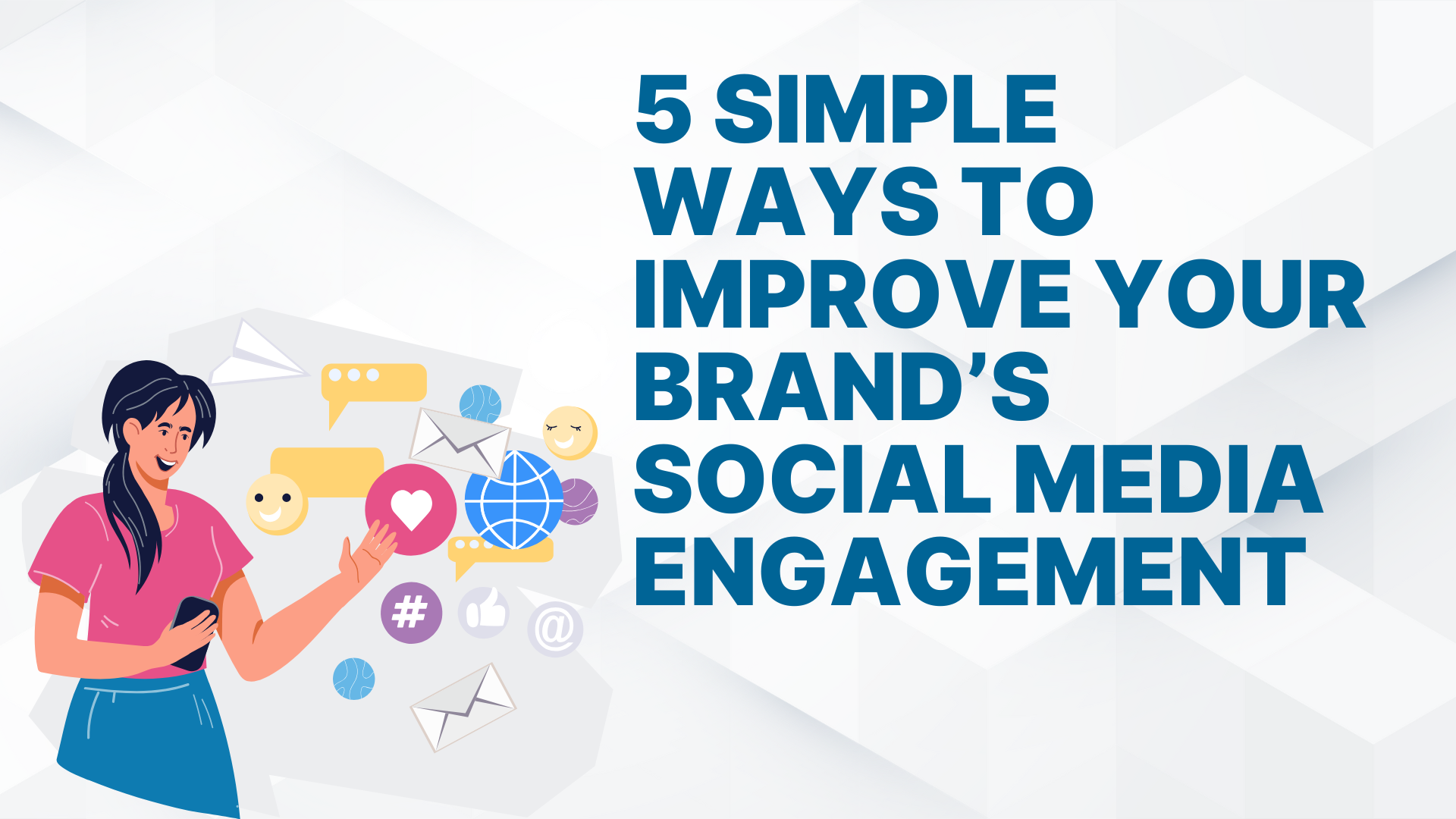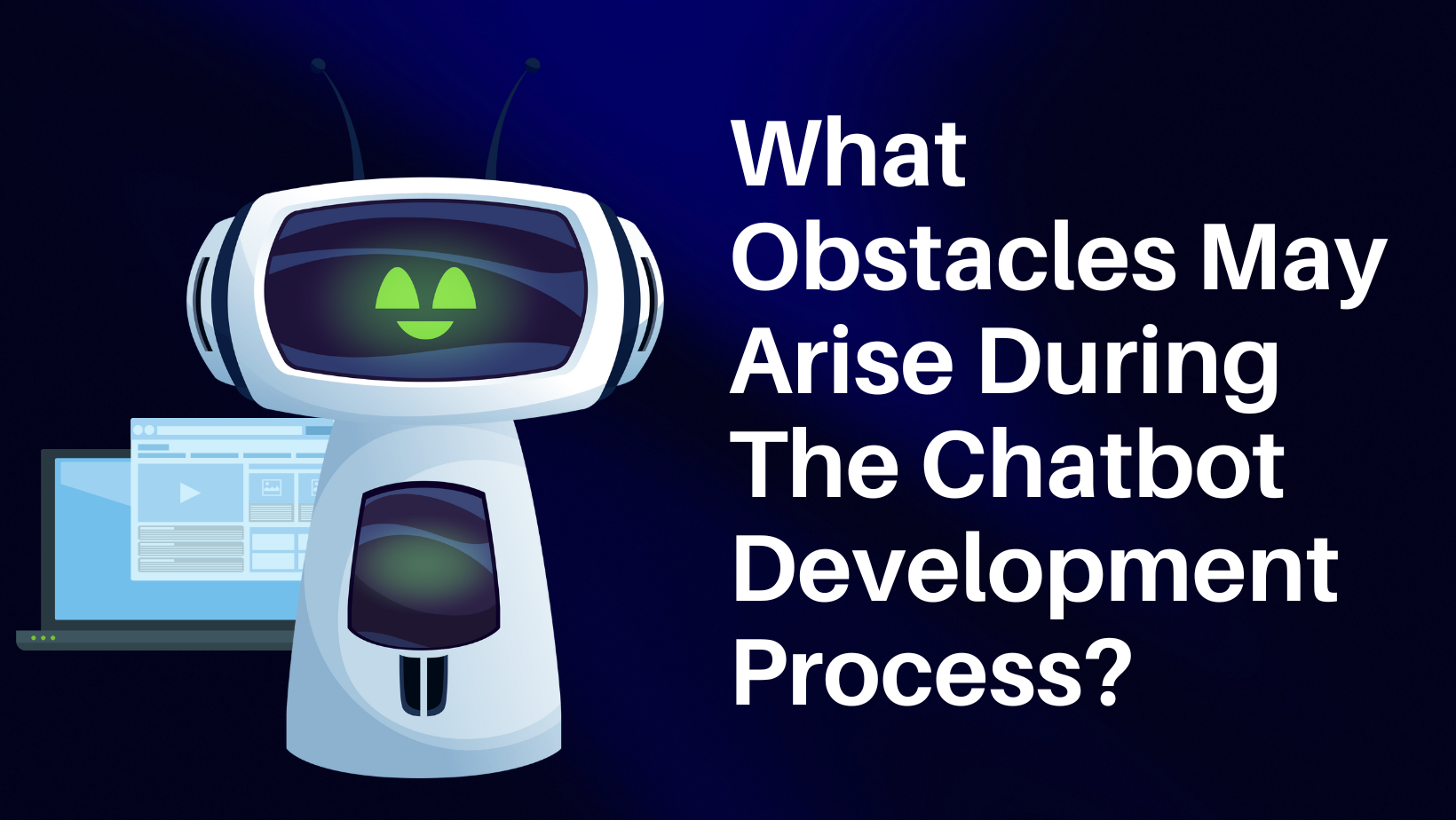The retail e-commerce traffic at the end of the 1st half of 2020 has reached to that of 22billion visits/month globally.
And it’s not even only about the traffic now; the retail global ecommerce sale too has reached a high of $4.13 trillion in 2020. As they say, make the iron while it is hot. If you are a business, you need to have your Ecommerce website developed right now. Your ecommerce website will be your customers’ first touchpoint with you, and it will allow for a transaction – of your providing goods/services and the consumer paying for it – all over the internet. Surely, you are already convinced of the need of having an ecommerce website. Rather, the possibility is that you are actively on a look out for the perfect Ecommerce Platform for starting your ecommerce website. The best part is there are a number of platforms available out there using which you can build your online store without any coding (hi-five to the not tech savvy peeps out there!). The choices may leave you all confused about which to choose. On the other hand this is a very important decision which will determine the future of your business and increase your revenue and profit. So, here we are, with a classic comparison for you which should help you make your decision.
BigCommerce:
BigCommerce is an e-commerce website builder which is well preferred for its high number of inbuilt features. Right from product and sales management, to email marketing, to financial supporting, etc. all can be done with the help of this platform. To top it off, it comes with great theme designs that allow multi-channel selling. The websites developed using BigCommerce are flexible, scalable, and have a really good SEO. Set up way back in 2009, BigCommerce powers websites in more than 120 countries across the globe. BigCommerce is a platform to develop all types of ecommerce websites, but is a plus for bigger business; as it is helpful in selling products in a wholesale/bulk.
Shopify:
Shopify tops the charts when it comes to Ecommerce Platform and is the 2nd most popular Ecommerce CMS i.e. Content Management System. It has a drag and drop interface which simplifies design so that anyone can easily build their ecommerce website – even beginners. It is also supplemented with some powerful tools which gives the developers a maximum control. It allows for streamlined and controlled inventory and products, the payments, the orders, the finances, the analytics, the marketing, etc. Thus, it is easy and extensive at the same time. Also, Shopify has on offer number of customizable themes and plugins. It helps building ecommerce websites which are fast loading and even is able to provide POS for their physical stores so that mobile app payments can be taken. Launched in 2006, Shopify today powers more than 600K Ecommerce business.
Shopify Plus:
Shopify Plus is a newer CMS Shopify platform which is designed specially for large businesses which want an e-commerce website. While the Shopify Plus also belongs to the shopify platform and it works in the same way, but it gives you more control in setup and customization as compared to Shopify. It is a best platform for flagship retails as it offers you a dedicated launch manager and also allows you to edit your website’s checkout page too.
BigCommerce vs Shopify vs Shopify Plus:
BigCommerce:
It provides multiple resources which assist in running business such as a dedicated product blog, webinars, monthly town halls provided for partners as well as customers.
While it offers an ecommerce platform, it doesn’t offer other services. However, it has partnered up with various services providers so that you have the freedom to choose the ones which fit your budget.
BigCommerse offers very extensive and advanced features which you may not find on Shopify Plus including – types of multiple option display, creating wishlists, custom fields, prices specified in different currencies, already built integration with WordPress.
It provides SEO tools and ensures creation of a SEO friendly website with more control over the changes which can be made for SEO.
It provides 12 free, and more than 50 premium themes. Also, it provides PagBuilder i.e. a visual editor to easily edit themes. Thus, you get the creative control along with tools and features.
Its Standard plan costs $29.95, Plus plan $79.95, and Pro plan $299.95 per month.
It enables selling across Amazon, Facebook, Instagram, Pinterest, eBay, etc.
It allows B2B ecommerce by providing with a number of wholesale options.
Shopify:
It has better ecommerce features and has a great inventory system as compared to other website builders.
Unlike BigCommerce, Shopify provides adjacent services including, the shipping, POS, lending, payments, etc. along with the ecommerce platform. These services are included within their plans. This limits your choice of service providers, and if you opt for outside providers, you’ll be charge extra.
Shopify does not have advanced features like BigCommerce and is dependent upon additional third-party applications. Its filtering options too are limited. Thus, while Shopify provides adjacent services, money needs to be spent more on subscriptions of applications.
It provides SEO tools, however with limited control.
It provides with 10 free and 59 paid themes. Thus, comparatively the themes are more but some key features are missing.
Its Basic Shopify plan costs $29, Shopify plan $79, and Advanced Shopify plan $299 per month.
Also, it enables selling across multi-channels such as Instagram, Facebook, Amazon, etc.
It does not provide any Wholesale and B2B options.
Shopify Plus:
It allows for opening for unlimited staff accounts.
A shopify plus powered website is able to handle more than 10,000 transactions every minute.
It also provides personalized and dedicated support as well as help.
Shopify Plus is for medium and large sized business. Its price will be a specific percentage of your business’s revenue and changes with the change in revenue. However it cannot be below $2k per month.
It provides a very limited support for wholesale.
Now that we have done the comparison of BigCommerce vs Shopify vs Shopify Plus, it should have helped make you the decision. Once decided, choose the right Ecommerce Development Company which will do use these platforms for you and create for you your perfect ecommerce website.
















